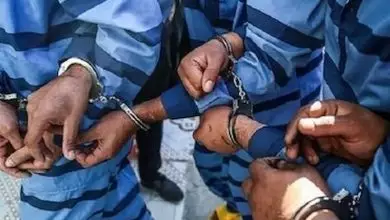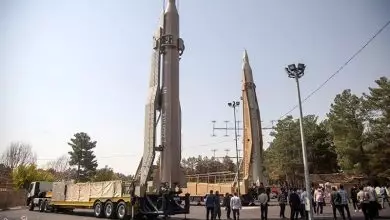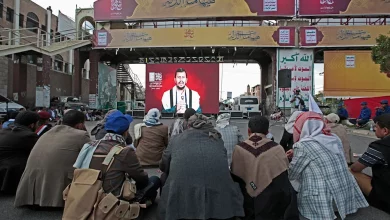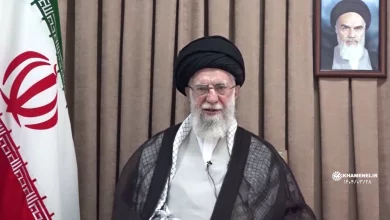Father of Murdered Teenager Says Black People Are ‘Treated as Second-Class Citizens’ in Britain
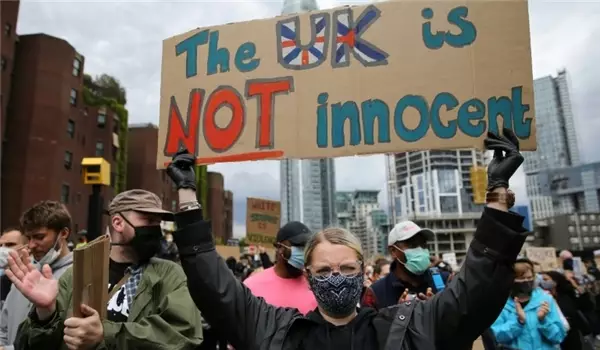
The father of murdered teenager Stephen Lawrence said UK policing is still “institutionally racist” and black people are ‘treated as second-class citizens’.
Neville Lawrence, 78, also praised the tearing down of statues such as that of slave trader Edward Colston in Bristol during the mass protests triggered by the death of George Floyd in police custody, Daily Mail reported.
His son Stephen was stabbed to death aged 18 on April 22, 1993, in a racist attack in South-East London for which charges against the killers were initially dropped.
Neville told The Guardian black people are being treated as second-class citizens “not only in this country but all over the world”.
Referring to the death of Floyd in Minneapolis, he commented, ‘When I saw the news, tears came out of my eyes.”
“I did not believe someone could do that when others stood by and watched,” he added.
The 78-year-old said he “totally disagrees” Met Police Commissioner Cressida Dick’s announcement that the force is no longer institutionally racist.
Neville and his wife Baroness Doreen Lawrence fought for justice after charges against her son’s killers were at first dropped, with Nelson Mandela even meeting Doreen in London following the murder.
Stephen’s death, and the controversial police investigation, became a watershed moment in British race relations and led to the Metropolitan Police being publicly damned as “institutionally racist”.
It comes as Britain’s head of counter-terrorism Neil Basu says “we still have a long way to go” and notes the importance on “highlighting the differences” between policing in the US and UK.
In an internal message to colleagues, Basu said, “We are not the same, because unlike America we overwhelmingly police by consent, and not by force.”
“And so we cannot directly compare policing in the UK to that of our counterparts in the USA,” Basu added.
“But what we are seeing in America, and here in the UK, too, is anger directed not just at police brutality but the racial bias built into the very fabric of our institutions and society – perhaps best illustrated in the UK by the huge disparity in young black men in the criminal justice system,” he said.
He added, “I want to say a profound thank you to those officers policing these protests in the UK, and for the restraint, dignity and empathy many showed under real pressure. You walked the thin blue line with grace, and I salute you.”
“UK policing is built upon the values of courage, integrity, professionalism and compassion. But these words only carry meaning if we act on them,” he said, adding, “Professionalism, born out of experience, skill and training, prevents us from applying pressure in a dangerous way when restraining suspects and people in mental health crisis.”
Meanwhile, workmen were Tuesday seen uprooting a statue of Robert Milligan from its spot on West India Quay in London’s docklands to cheers from spectators.
Protesters had drawn up a hit list of 60 “racist” monuments to be taken down, including Milligan’s.
Amid growing pressure to act, the charity Canal and River Trust worked with the Museum of London and the London Borough of Tower Hamlets to remove the bronze figure of the Scottish merchant who owned 526 slaves at his Jamaican sugar plantation.
And in Oxford more than 1,000 demonstrators have demanded the removal of a statue of colonialist Cecil Rhodes, an imperialist who provided philanthropical support to Oriel College in Oxford University where the monument stands.
All 130 Labour councils have said they would examine the “appropriateness” of any monuments linked to colonialism and the slave trade in their authorities.
Earlier, Mayor of London Sadiq Khan ordered a review of murals, statues, street art and street names across the capital in response to the mass protests.



